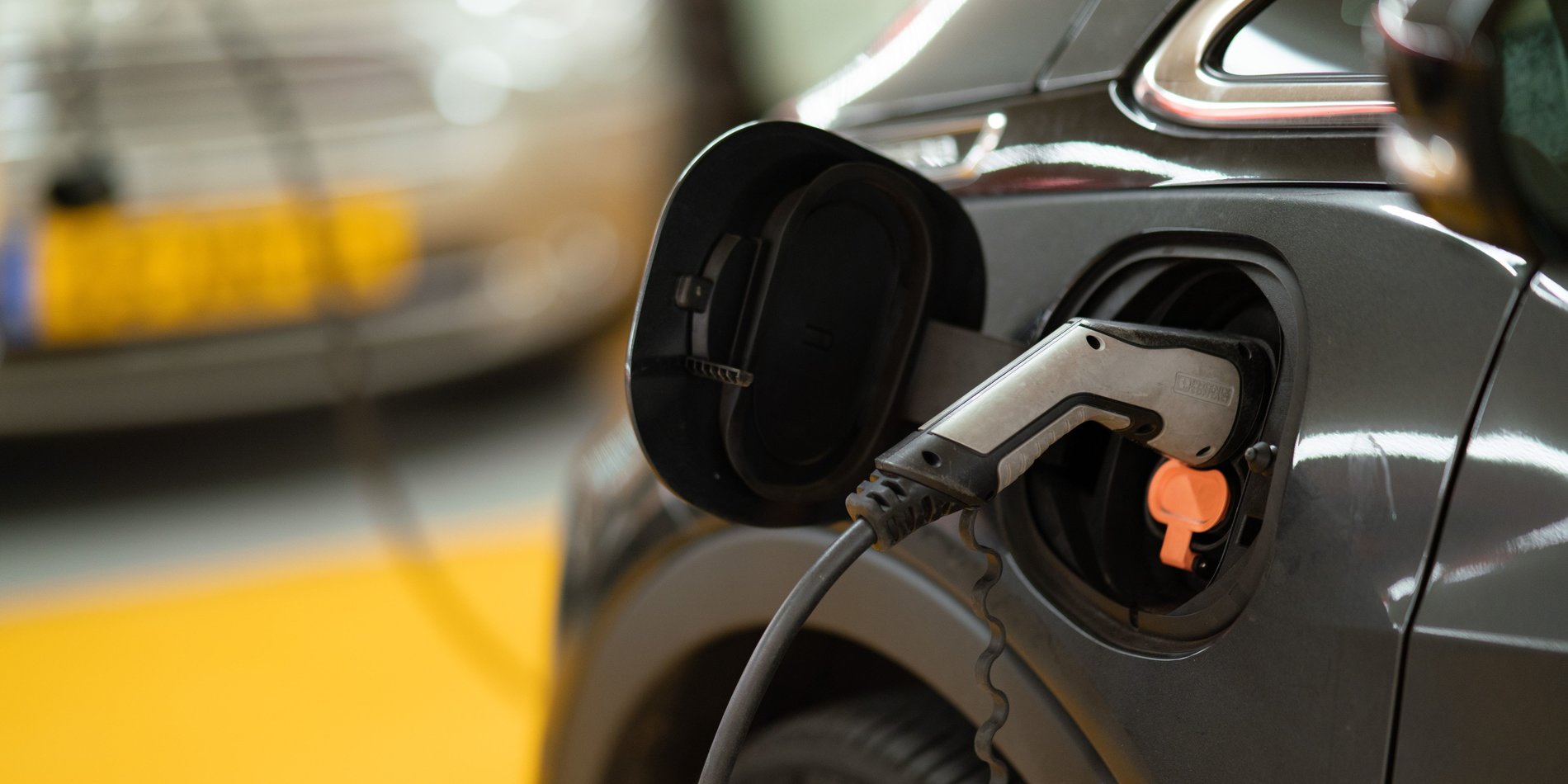Lithium metal battery innovation

Credit: Michael Fousert/Unsplash.com
Novel liquid electrolyte technology allows for energy dense lithium batteries, ushering in a new generation of electric vehicle batteries.
Safer, Longer-lasting Batteries
By the time Zhiao Yu ’22 PhD connected with the HIT Fund team, he was already exploring commercialization of the use of a breakthrough electrolyte to make lithium-metal batteries a practical reality. Lithium-metal batteries have higher energy density than lithium-ion batteries but their instability makes them susceptible to short-circuiting and fires. Yu’s electrolyte eliminates the stability problem, and batteries produced with his technology have energy density as high or higher than existing options, a greater cycle life (the number of times a battery can be charged and discharged over time), and can be manufactured using the same processes as lithium-ion batteries.
Yu said the HIT Fund’s support—including introductions to industry contacts with whom he continues to collaborate— was invaluable in the creation of his company, Feon Energy.
The HIT funding also allowed Yu to see if his technology could be scaled to a level commensurate with commercial manufacturing requirements—a “go- or no-go decision.” And it could.
“In our first batch, we went from tens of grams to five kilograms,” he recalled. “That’s a huge jump in process engineering and optimization.”
About the Technology
The electrolyte team has developed a breakthrough electrolyte to deliver on the promise of energy-dense lithium metal batteries. Their innovative technology enables low-cost, safe, and long-cycling batteries with the potential to transform the consumer electronics and automotive industries.
Current lithium ion batteries cannot meet the increasing demands from electric vehicle sector for high energy density batteries, and the next generation lithium metal batteries (LMBs) cannot be commercialized yet due to low cycle life, high cost, difficulty to scale, and safety issues. Our technology enables battery manufacturers to make high performing and safe LMBs and anode free batteries with low cost for electric vehicles that no competitors can achieve.
LMBs with our electrolyte 1) already achieved >400 Wh/kg energy density and >500 cycle life; 2) is intrinsically safe without dendrite growth or gassing issues; 3) has been manufactured using the existing lithium ion battery manufacturing facilities with minimum process modifications, hence low manufacturing cost; 4) enable electric vehicles to have over 700 miles range in one charge. Our technology is already ramped up to industrial scale for market penetration.
Team Members

Graduate Student, Chemistry
View Stanford Profile
Press
"A new rational solvent molecule could enhance the performance of lithium metal battery electrolytes" (Tech Xplore, February 2022)
Related Web Links
Feon Energy (Inventor-affiliated company)


